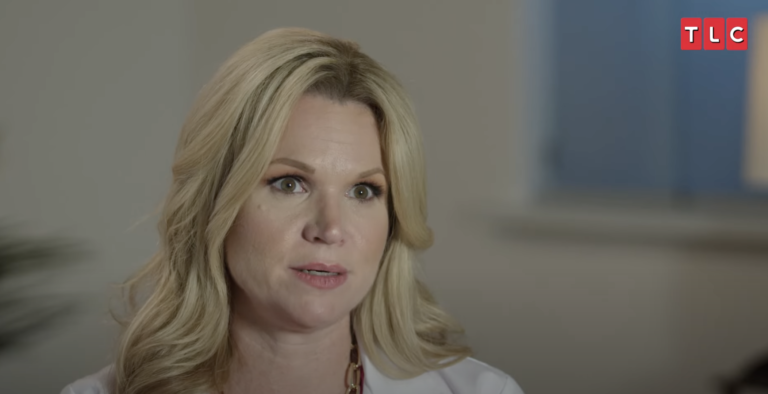A large part of Dr. Charlotte Hodges' practice is in repairing failed bariatric surgeries. So when she randomly received an email from a producer at TLC about a show featuring a female surgeon as a reboot of her hit “My 600-lb Life,” she suggested a different idea. The focus was on reviewing failed bariatric surgeries. Half of her practice.
The number of bariatric surgeries, in which surgeons make changes to the digestive system of obese people to help them lose weight, jumped from 59.2 to 79.6 between 2012 and 2018. The number of surgeries per 100,000 adults has increased by more than 34%. In recent years, the frequency of bariatric surgery has decreased significantly due to the effectiveness of weight loss drugs. However, they are still very common, with approximately 500,000 weight loss surgeries performed annually in the United States.
Hodges, who founded the New You Bariatric Center in Dallas, received an email from TLC in 2018 when bariatric surgery was at its peak in popularity, but producers said about 40% of Hodges' practice was based on previous bariatric surgery. When they learned that it was being revised, they thought: New angle options. The discussion became “Botched Bariatrics,” which premiered this month on TLC and follows several bariatric surgery patients before and after revision bariatric surgery. Two of Hodges' patients appear in his three-episode pilot. The program “features patients whose lives have been forever changed after suffering complications from bariatric surgery,” according to the release. These patients urgently need help, from a woman who can only eat pureed foods to a man living with explosive enterocolitis. ”
A combination of unrealistic weight-loss expectations and improving technology has led to many patients coming to Hodges's office for bariatric surgery revisions. And just like knee replacements and organ transplants, abdominal bands and sleeves can fail. “We should never be putting plastic things in our bodies,” Hodges says. “Even if the sleeves were perfect, our anatomy means that we would need to modify the old sleeves.”
Hodges doesn't want her patients to feel like victims or people who made bad choices. That can create a stigma surrounding obese patients. Obese patients are often viewed as if their own moral failings led them to this point. One study found that 87% of bariatric surgery patients had heard negative comments about their choices, telling them they took the easy way out or that they should exercise more and eat less. That's what it means. Obese patients are often thought of as lazy or mentally weak. While lifestyle choices are always an important factor in reducing obesity, research shows that similar choices can have different outcomes depending on factors outside of your control.
Hodges says the stigma against obese patients creates a huge disconnect between the potential patient population and those who undergo surgery. “It's not necessarily the patient's fault that they're dealing with,” Hodges said. “We want to change the perspective of what the public knows.”
After discussions with director Hodges and TLC, the show was filmed in late 2021, although filming was delayed due to the pandemic. The team worked to find a compelling story and follow the patients through nutritional counseling, psychological evaluations, stress tests, and sleep studies. Before surgery. Cameras followed Hodges and his colleagues into the operating room and recorded the patient's recovery.
This is Hodges and her patient's first experience on television, and she admits that while they start out a little awkward in front of the camera, they both warm up to each other. Without spoiling the details, Hodges said that when she started correcting the obesity of one of her patients on the show, she noticed something unexpected. “What she ended up encountering was something she never expected,” she says. “For the show, it was a good thing, and for the patients, it was a good thing that we found it.”
Hodges' patient Sean's story will premiere on May 15, and her patient Simone's story will air on TLC on May 22 at 9 p.m. All episodes are available to stream on multiple platforms and previews can be viewed here. Hodges would like to see more episodes of the show, but she says it's more important to her to remove some of the stigma and stigma surrounding obese patients. She said, “What I want to get out of this show is to change the way people look at obese patients and change the way they look at bariatric surgery.”
author

Will is a senior writer at D CEO Editor of the magazine “D CEO Healthcare.” He writes about healthcare…

